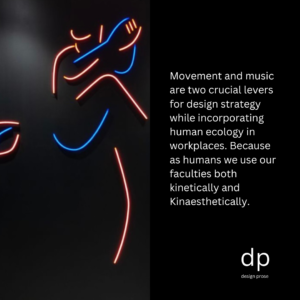(This is the 3rd in the series of Introverted Leadership)
Introverts make great leaders.
There is a misunderstanding that Introverts shy away from leadership roles which is not the case. It appears that this is assumed from the fact that Introverts tend to shy away from spotlight. As opposed to this popular belief, Introverts have emerged as leaders in every possible field whether it required leading from the front or in the background. But their authentic introverted leadership style turned out to be a force to reckon with. Most identifiable which we all can relate in recent times is Barack Obama.
Introverts took charge of center stage not because they enjoyed the limelight but that was the call for them to express themselves in the most authentic manner to lead their people, mission or a cause, whatever that calling was. This was an expression of their sense of confidence, deeply held beliefs. The conditioning and perception that people who speak more or louder will always have a better point to make is quite a mistake. In fact, introverts are uniquely suited to navigate situations that extroverts can’t, and quiet leadership is often critical to a company’s long-term success.
Introverts tend to make more genuine connections. Because introverts are motivated by quality and productivity because, introverts are great at developing deeper, more meaningful long term connections with employees and clients in a one-on-one setting. This genuine relationship-building makes an introverted leader more in tune with people. Introverts tend to have their core inner circle intact.
Introverts aren’t exactly disconnected from other people and their environment, but they are better able to tune out the noise and concentrate. They draw their energy from within, and therefore they can easily focus on the task at hand without being distracted by loud conversations or other office noise.
Problem-solving is the crux of all good leadership, and according to research, Introverts typically have thicker gray matter in the prefrontal cortex which is the area of the brain where abstract thinking and decision making happen. This enables Introverts to make decisions after giving a deeper thought and reflections before making a decision. They seldom make abrupt decisions.
One of the key differentiation I have observed that Introverts are absolutely comfortable with open ended scenarios where the outcome is not yet decided and or yet not figured out. This is crucial in areas of ambiguity as we are not in a hurry to fix an outcome already. A lot more intricacies surface when we allow matters of ambiguity to surface itself to make better decisions.
The best leaders aren’t always the loudest and political ones, and the idea that introverts can’t make the cut is a dangerously misleading one.




